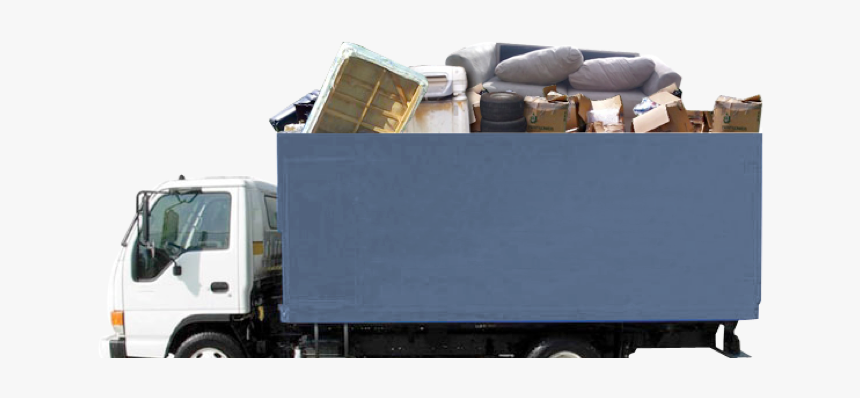Overview of Sustainable Disposal Methods
Overview of Sustainable Disposal Methods
Blog Article

In a world increasingly mindful of environmental issues, the significance of sustainable disposal solutions cannot be overstated. Effective waste management is essential in reducing landfill overflow, minimizing pollution, and conserving natural resources. By adopting responsible disposal methods, individuals and businesses can contribute to a healthier planet while also adhering to community and legal standards. This article explores various sustainable waste disposal methods, best practices for implementation, and local service providers that can assist in achieving these environmentally friendly goals.
Overview of Sustainable Disposal Methods
Sustainable disposal methods encompass a range of practices aimed at reducing waste and promoting resource recovery. Some of the most effective solutions include:
1. Recycling
Recycling is one of the most widely recognized sustainable disposal solutions. It involves collecting, processing, and repurposing materials such as paper, glass, metals, and plastics. By recycling, valuable resources are conserved, energy consumption is reduced, and the volume of waste sent to landfills is significantly lowered. Communities often provide curbside recycling programs, making it easier for residents to participate.
2. Composting
Composting is another sustainable method that focuses on organic waste, such as food scraps and yard trimmings. This process breaks down organic matter into nutrient-rich compost, which can then be used to enrich soil and promote healthy plant growth. By composting, individuals and businesses can divert a substantial amount of biodegradable waste from landfills, decreasing methane emissions and contributing to a circular economy.
3. Waste-to-Energy Processes
Waste-to-energy (WtE) processes convert non-recyclable waste materials into usable energy, such as electricity or heat. This method not only reduces the volume of waste in landfills but also provides a renewable energy source. Various technologies, including incineration and anaerobic digestion, are employed in WtE facilities to facilitate this transformation. By investing in WtE solutions, communities can harness waste as a valuable resource rather than simply disposing of it.
Best Practices for Waste Disposal
Implementing sustainable disposal solutions effectively requires a strategic approach. Here are some best practices that individuals and businesses can adopt:
1. Educate Yourself and Others
Knowledge is key to effective waste management. Understanding what materials can be recycled or composted and how to do so correctly is crucial. Sharing this information with family, friends, and employees fosters a culture of sustainability within communities and organizations.
2. Reduce Waste Generation
Before considering disposal, focus on reducing waste at the source. This can be achieved by opting for products with minimal packaging, purchasing in bulk, and choosing reusable items over disposable ones. By minimizing waste generation, the burden on disposal systems is lessened, leading to more sustainable outcomes.
3. Partner with Local Service Providers
Working with local service providers that specialize in sustainable disposal can streamline waste management efforts. These companies often have the knowledge and infrastructure necessary to implement effective recycling, composting, and waste-to-energy programs. Engaging with such services can enhance a community's overall sustainability efforts and ensure compliance with local regulations. For those looking to explore sustainable disposal solutions, resources like Ikonik Dumpster Rental offer practical options for responsible waste management.
Conclusion
Adopting sustainable disposal solutions is a vital step toward reducing environmental impact and fostering a healthier planet. By understanding various disposal methods, implementing best practices, and collaborating with local service providers, individuals and businesses can play an active role in promoting sustainability. It is through these collective efforts that we can work towards a more sustainable future for generations to come.
Report this page